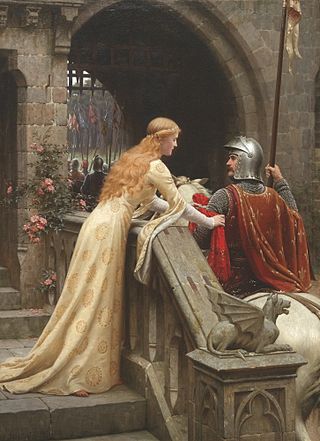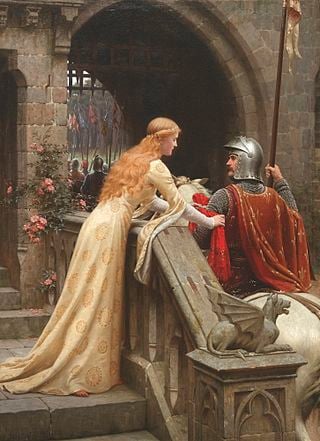
Norman Cantor (bitter, brilliant, blinkered; he was wrong about Lewis and so I don’t necessarily trust him to be right about others) writes that according to Sir Maurice Powicke, the key transformations of the thirteenth century “were not political and legal ideas, but the way in which the mentality of the great nobility was slowly but steadily changing in the 13th century. That, not parliament or Magna Carta or any of those grand Victorian entities, is the focus of Powicke’s Proustian dream-world. What was happening was that Christian discipline and personal piety were slowly spreading out from the monastic houses and religious orders and reshaping the mindset and behavior pattern of the great aristocracy.”
Login to read more
Sign in or create a free account to access Subscriber-only content.
Topics:
